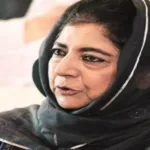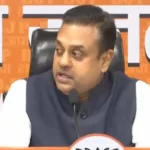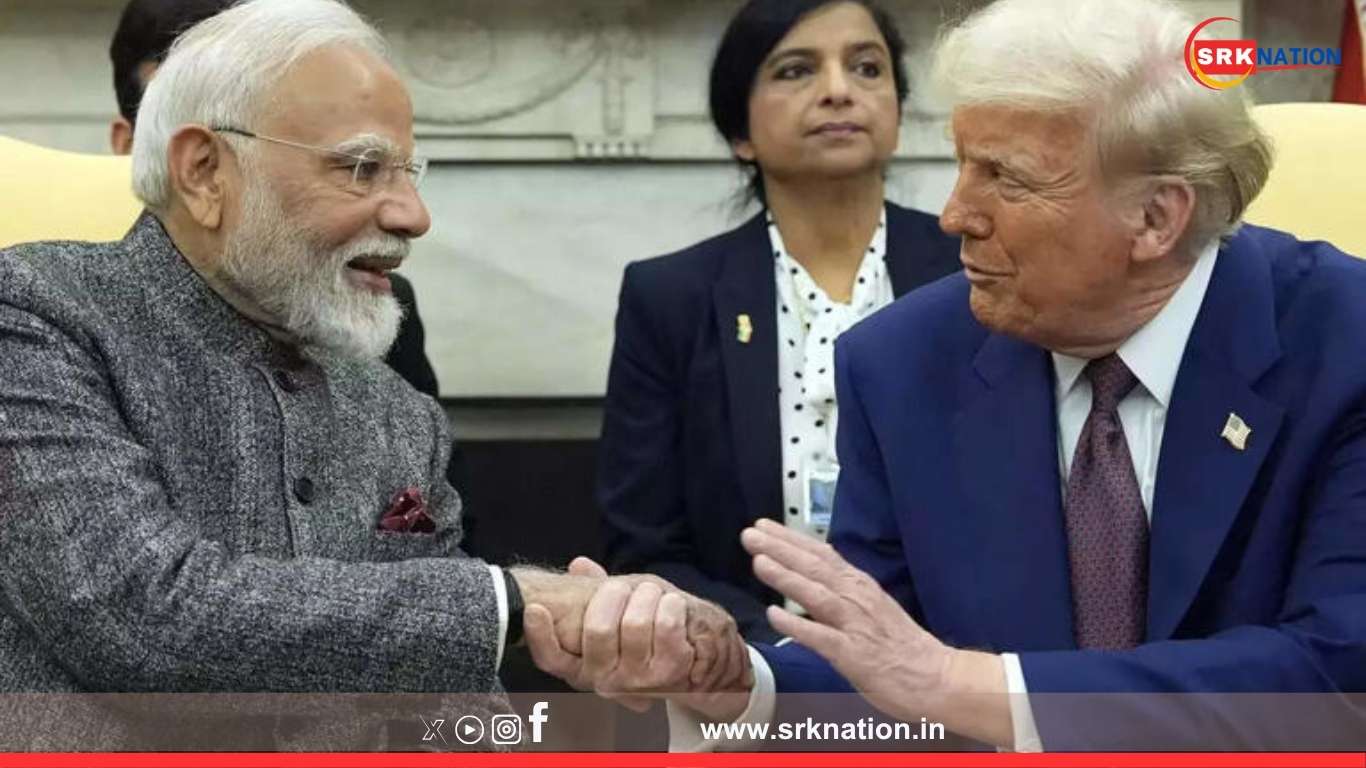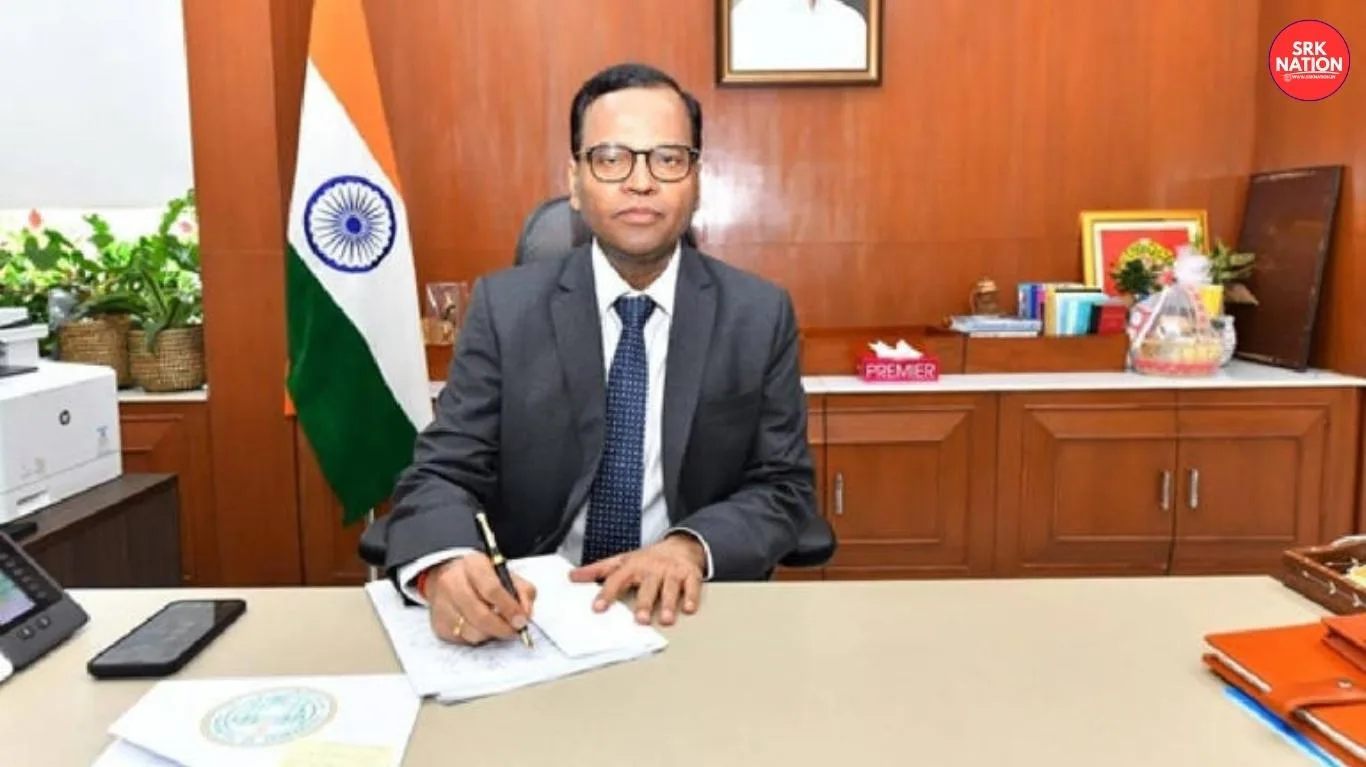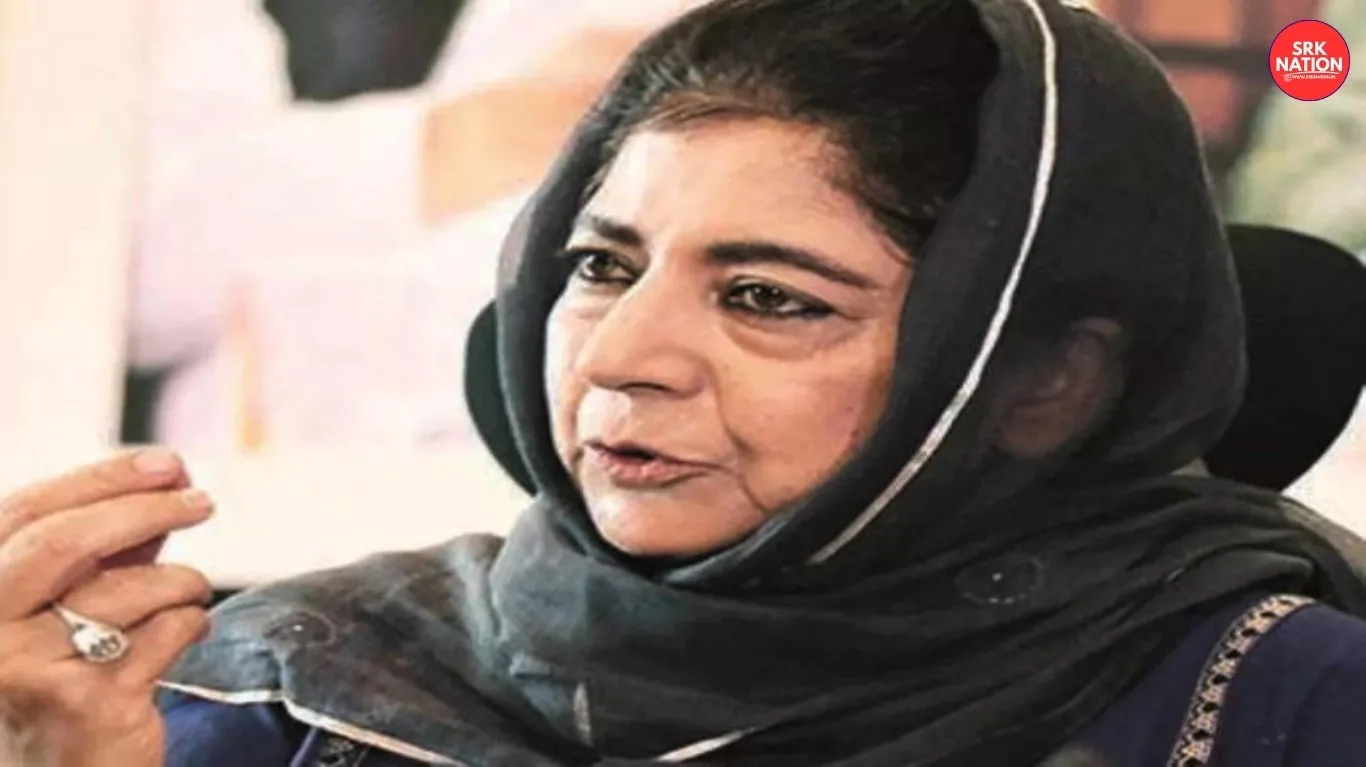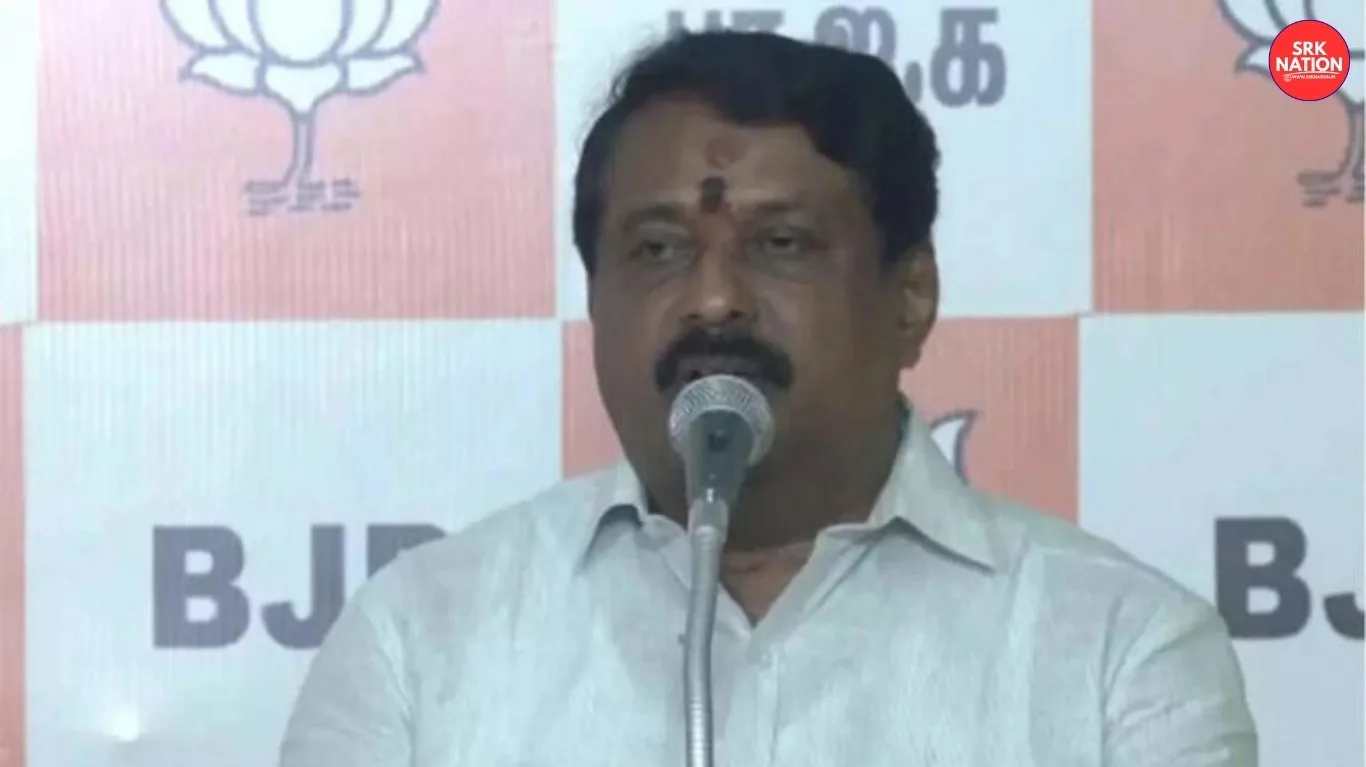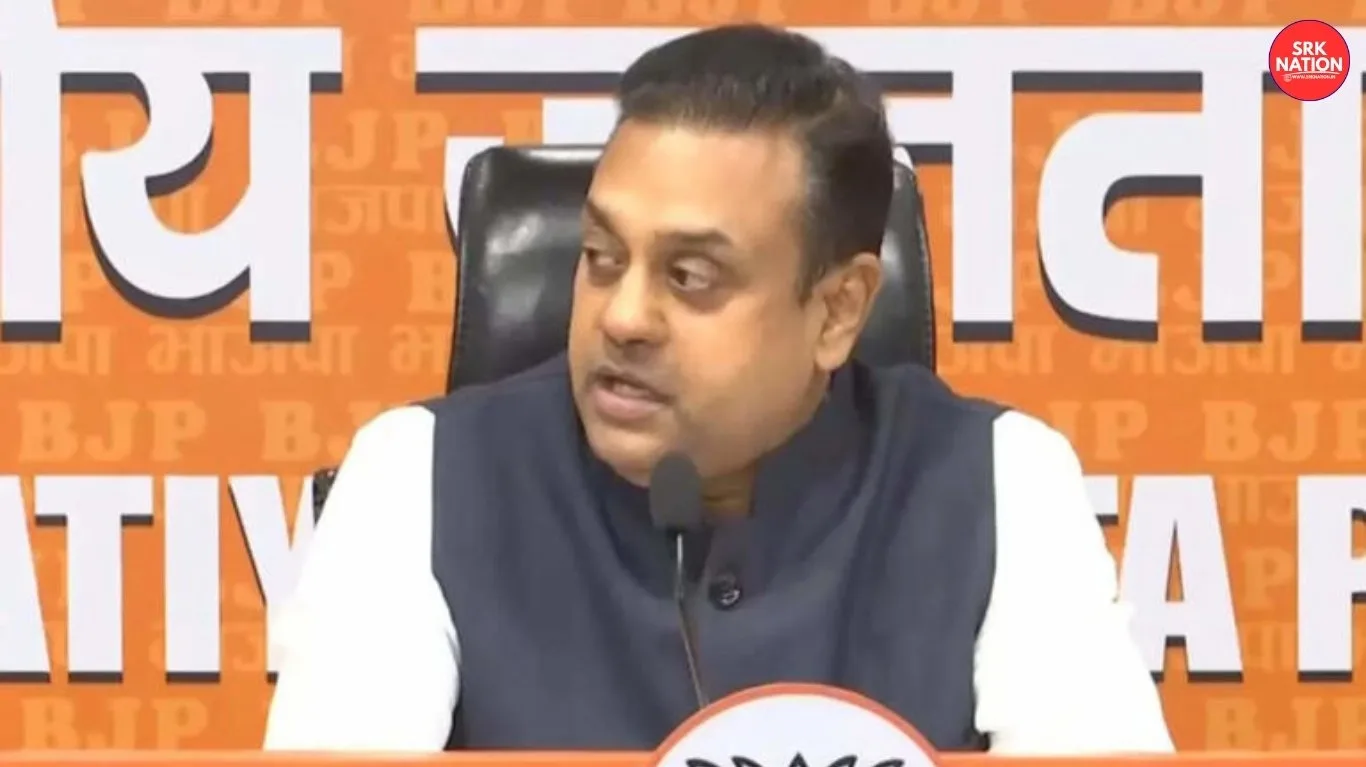In a rare diplomatic shift, former U.S. President Donald Trump has, for the first time, acknowledged that the decision to halt hostilities between India and Pakistan was made by their own leaders—Prime Minister Narendra Modi and Pakistan Army Chief General Asim Munir—marking a departure from his earlier claims of personal credit.
🕊️ “Two Very Smart People Decided Not to Go to War”
Speaking at the Oval Office after hosting General Munir for a private lunch, Trump said,
“I’m so happy that two smart people decided not to keep going with that war. That could have been a nuclear war.”
He praised both Modi and Munir for their restraint, calling them “very smart” leaders who made the critical decision to de-escalate tensions following Operation Sindoor, India’s military response to the April 22 Pahalgam terror attack that killed 26 civilians.
📞 Modi-Trump Call Clarifies India’s Position
Indian Foreign Secretary Vikram Misri, speaking from the G7 Summit in Canada, confirmed that no third-party mediation was involved. Modi conveyed to Trump during a 35-minute phone call that the ceasefire was negotiated directly between the two nations’ military channels, initiated at Islamabad’s request.
“There was no discussion of a U.S.-India trade deal or mediation during Operation Sindoor,” Misri emphasized, reiterating India’s firm stance against external involvement in bilateral matters.
🔁 Trump’s Mixed Messaging
While Trump initially refrained from taking credit, he later reverted to his earlier narrative, stating,
“I stopped the war. I love Pakistan. Modi is a fantastic man. We’re going to make a trade deal.”
This contradiction has drawn attention, especially as Trump had previously claimed he “helped settle” the conflict by offering trade incentives to both nations.
🧭 Strategic Implications
The ceasefire, effective since May 10, followed several days of cross-border missile and drone strikes. Indian officials maintain that the decision was a bilateral military agreement, with no external mediation involved.
This development underscores the growing strategic autonomy of India and Pakistan in managing regional tensions, while also highlighting the complex interplay of diplomacy, military strategy, and political narratives on the global stage.
Stay tuned for expert commentary and geopolitical insights.


